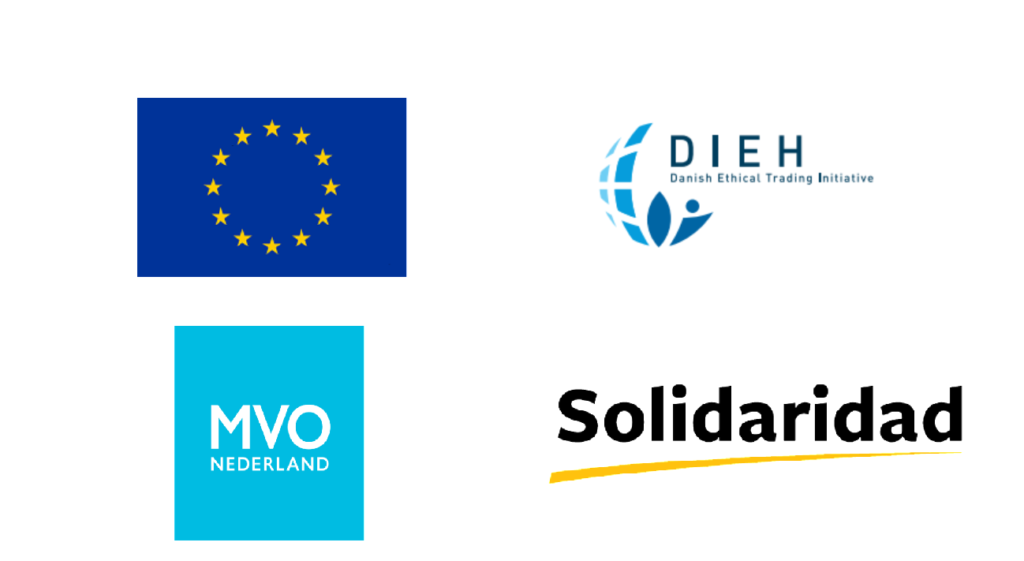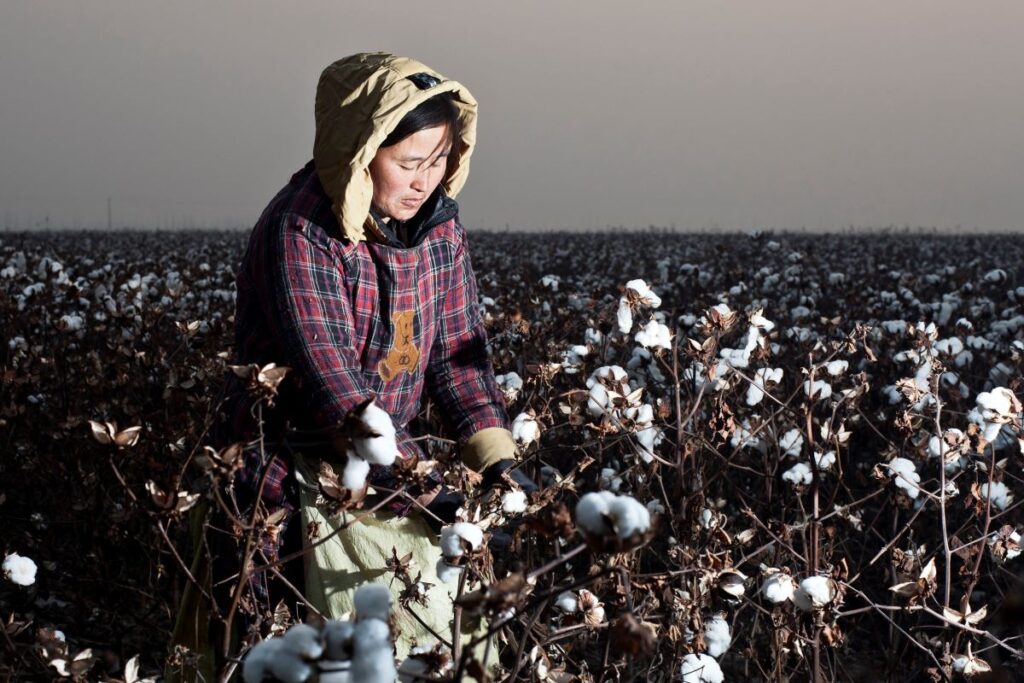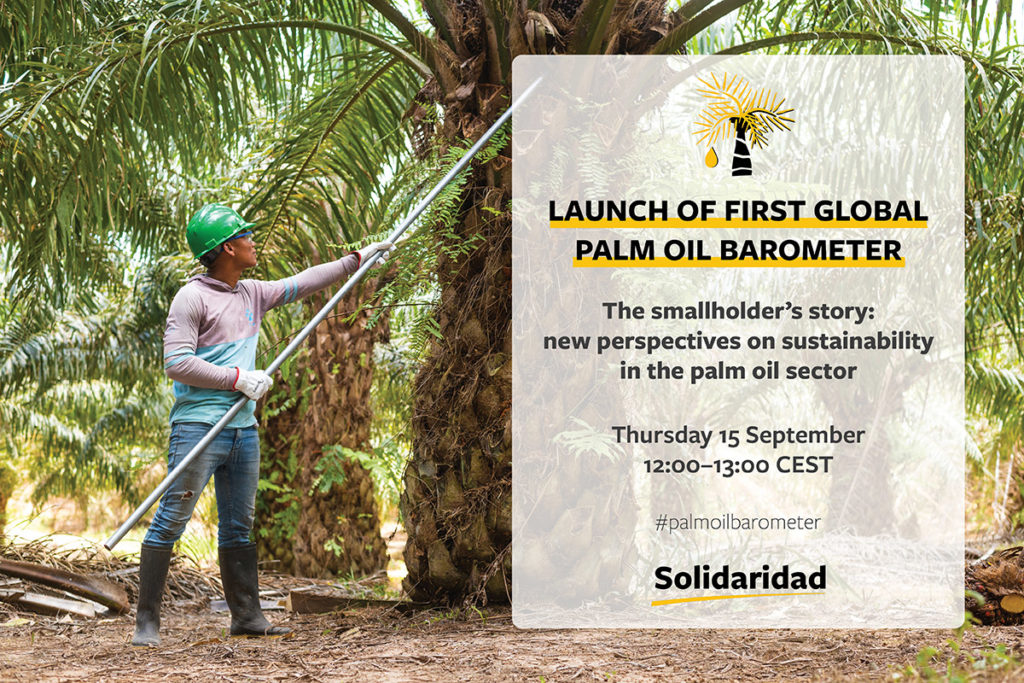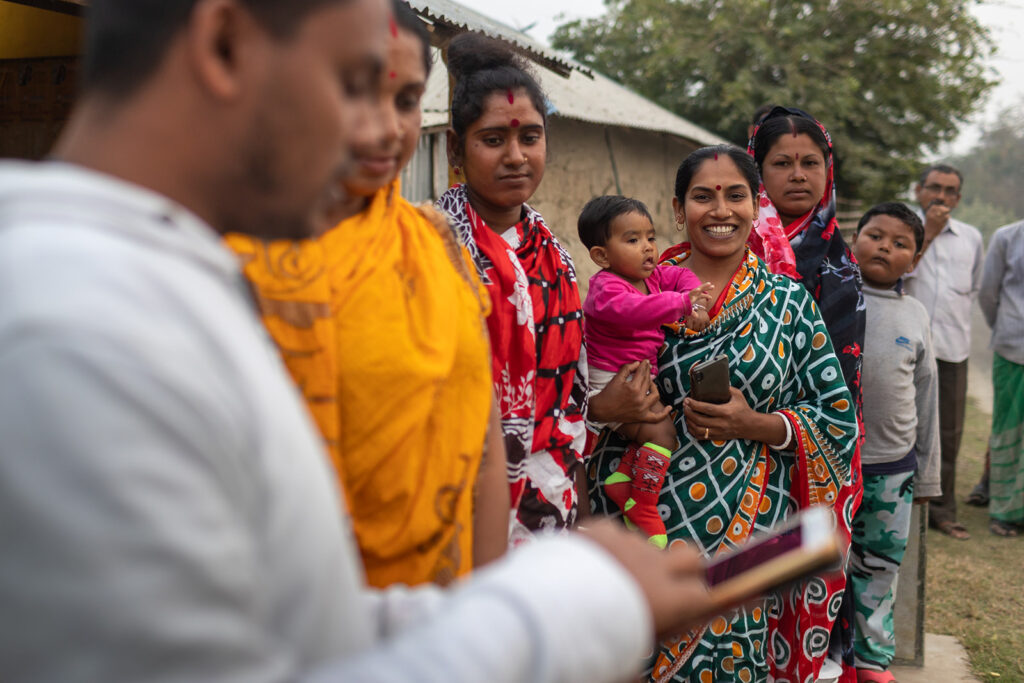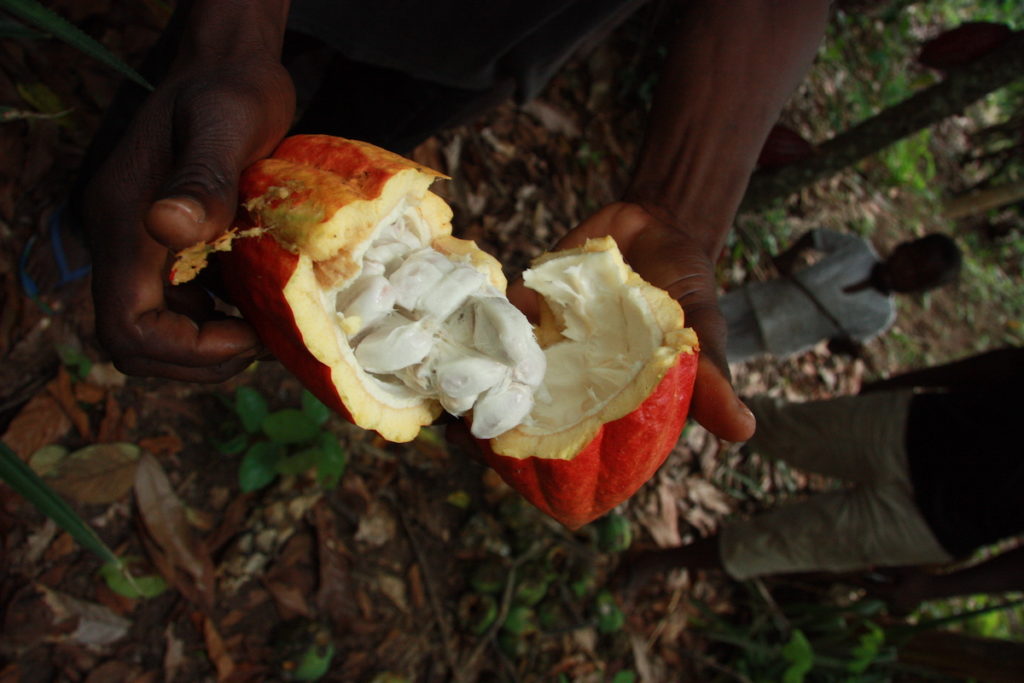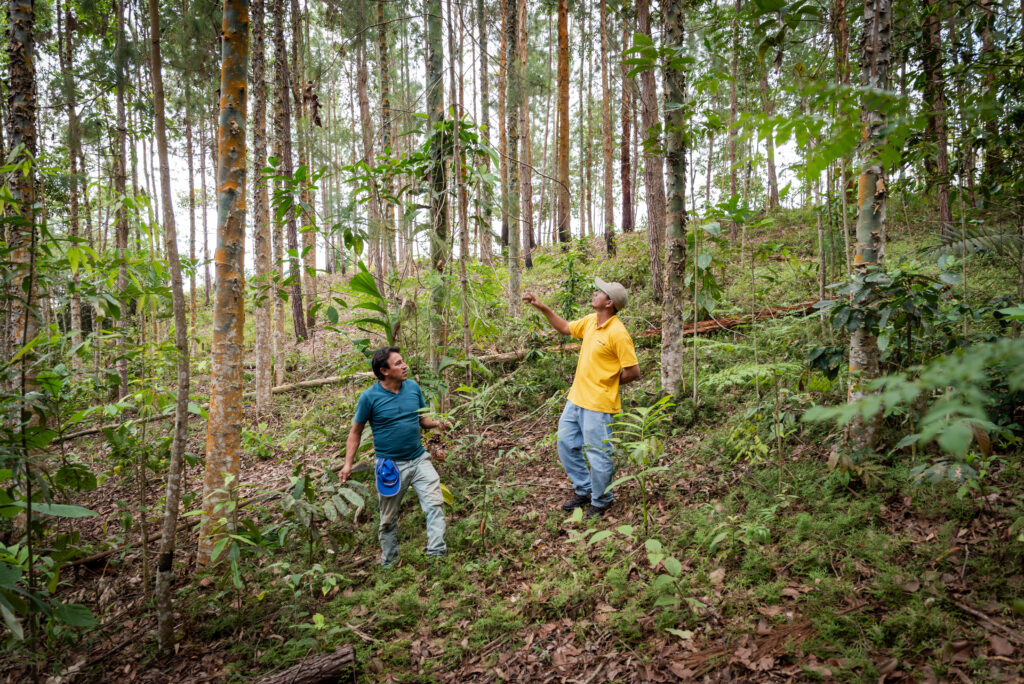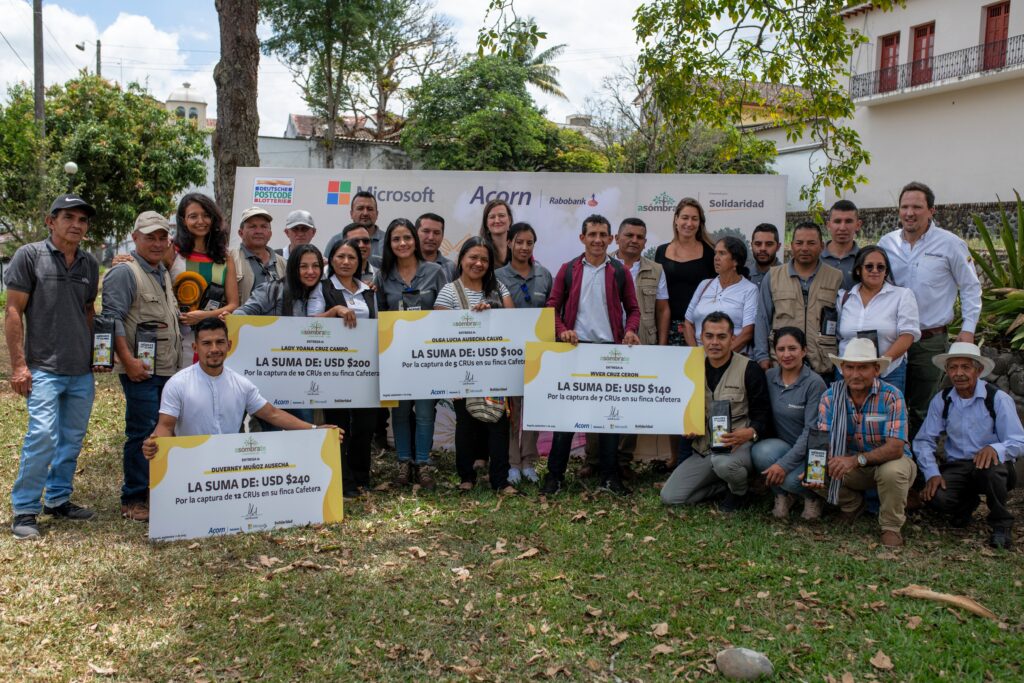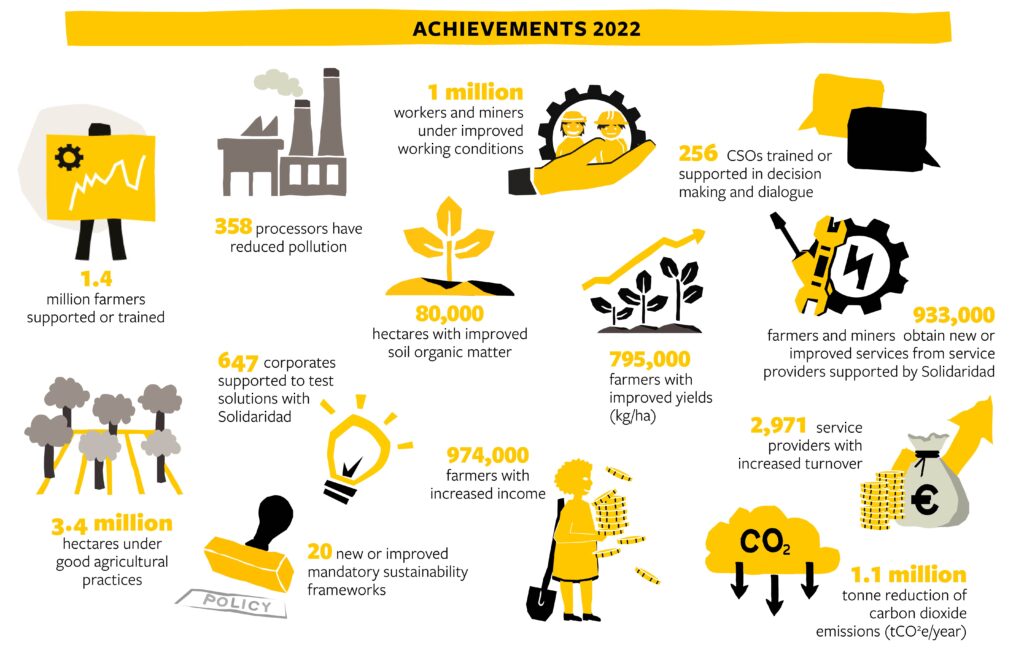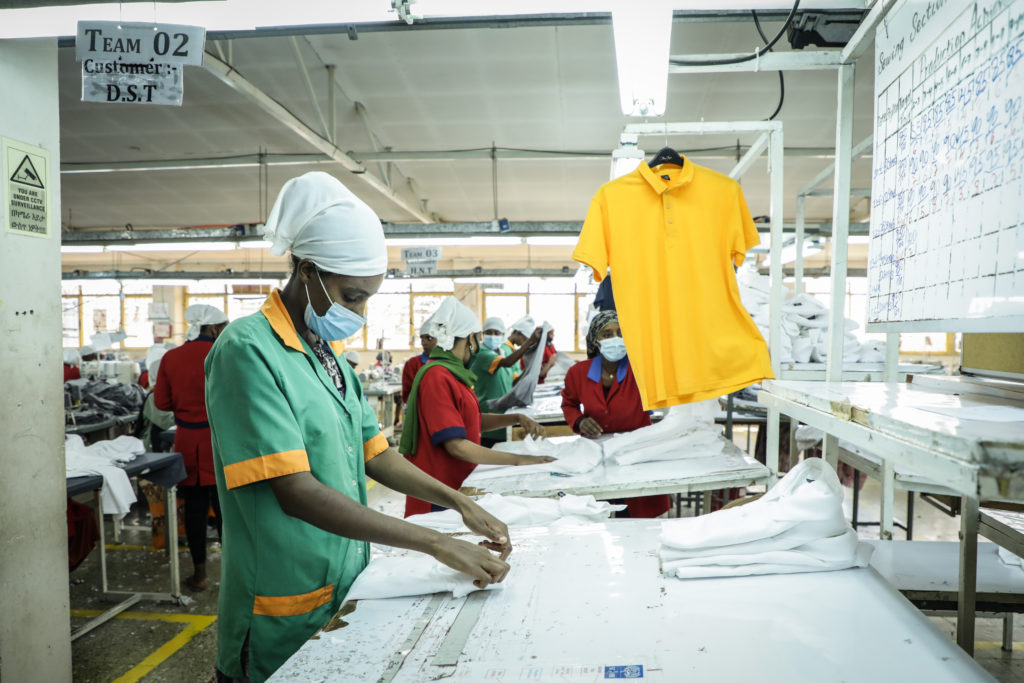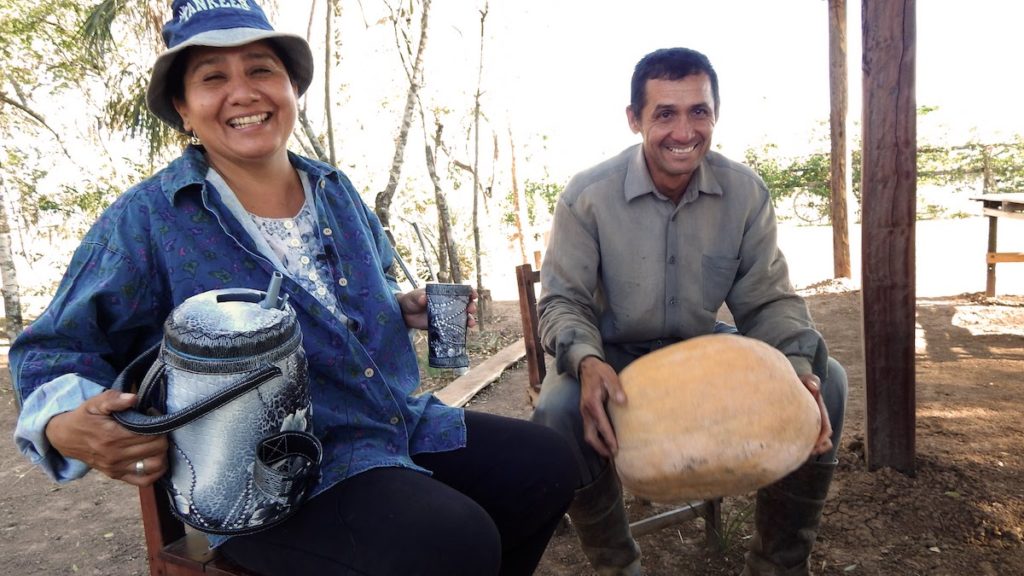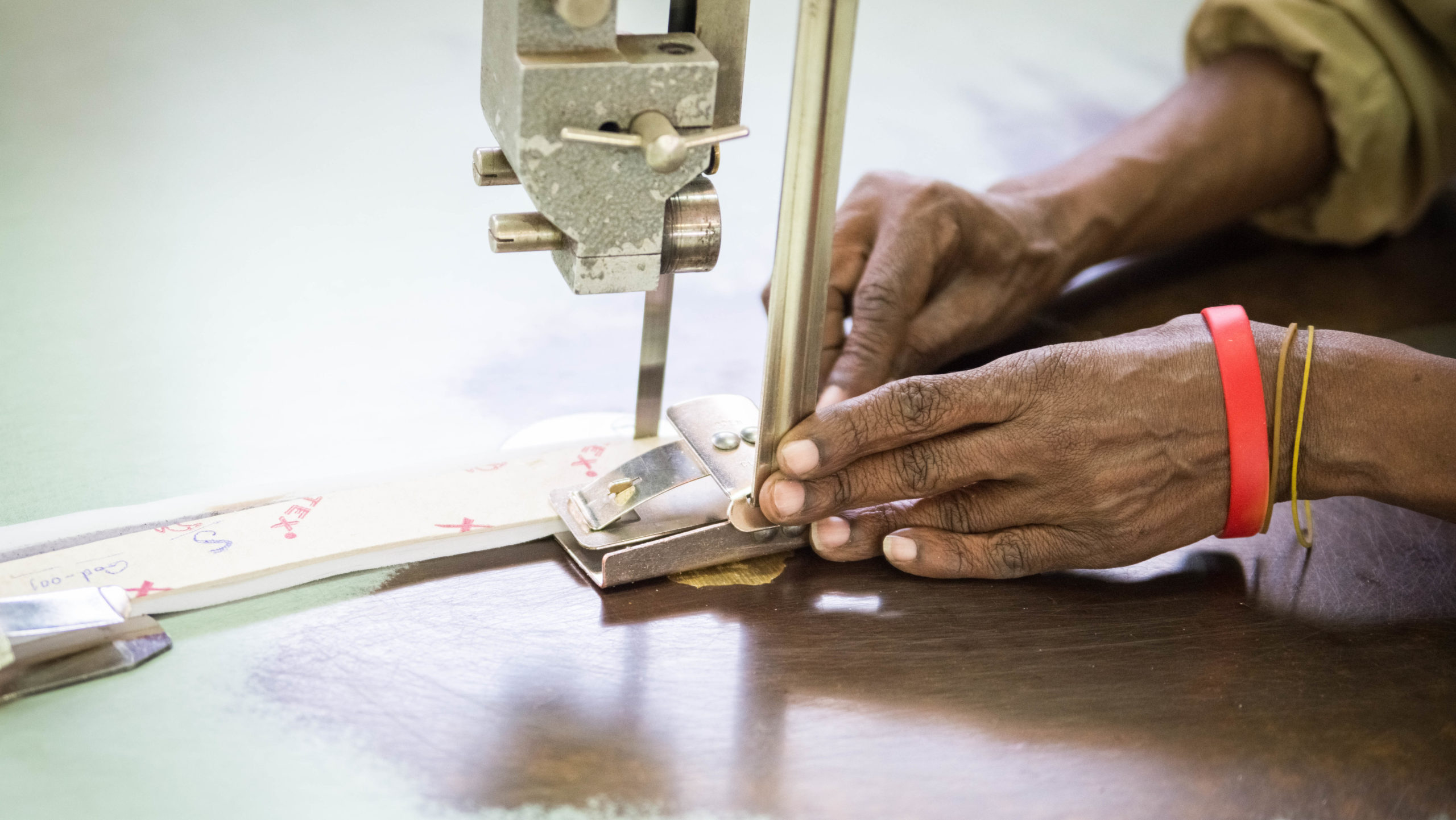
What is the Bottom Up! programme?
Bottom Up! was launched by Solidaridad, the Danish Ethical Trading Initiative, and MVO Nederland with the support of the European Union, to support the development of a more sustainable and ethical cotton and textile supply chain coming into Europe.
Through project interventions in factories and cotton farms in Ethiopia, Bottom Up! is attempting to build the capacity of workers and management in this industry to produce in line with best environmental and social practices. To ensure that these measures are long-lasting Bottom UP! will link buyers in Europe with sustainable sources in Ethiopia, connecting them through webinars, virtual trade missions and by educating them on the challenges and solutions through webinars, reports and case studies.
Bottom Up! and European consumers
Through an innovative campaign Bottom Up! will raise awareness among consumers in the Netherlands, Germany and Denmark on sustainability.
Over the course of the final years of the programme the partners will reach out to consumers in these three key European markets to inform them about the importance of sustainable supply chains in cotton and textiles.
By engaging consumers with products of sustainable practices and content focused on the benefits to the environment and workers, the programme will stimulate demand for more ethical supply chains.
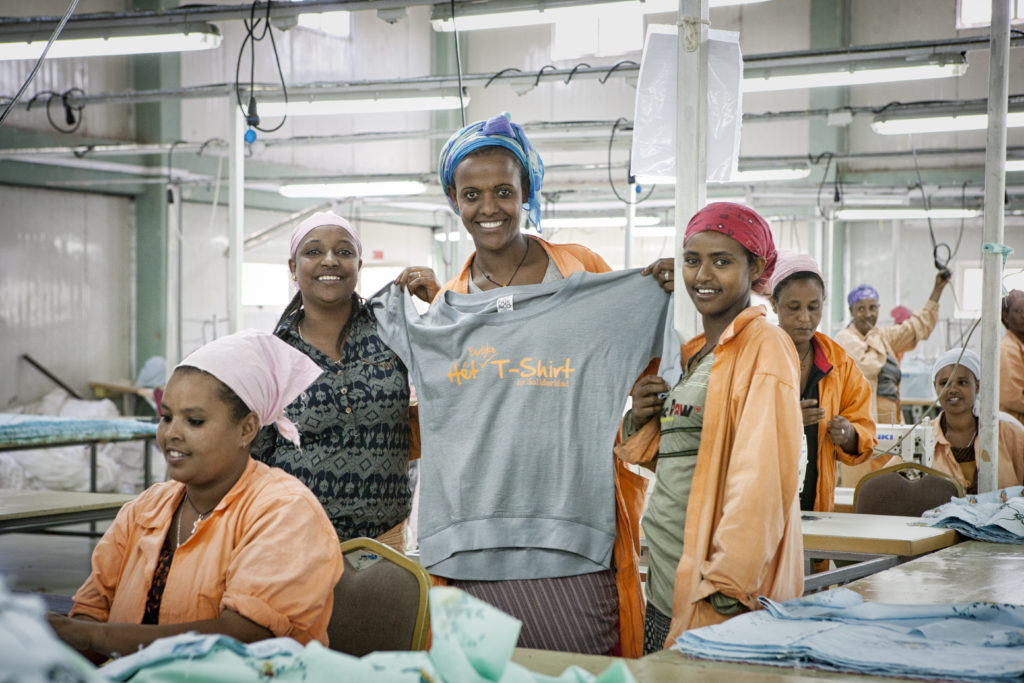
Challenges
Ethiopia as a sustainable textiles hub
Bottom Up!’s activities have focused on creating a sustainable textile hub in Ethiopia. Although the country has seen recent crises, relating to conflict and flooding, its youthful population and developing business landscape made it a good location to showcase the benefits of the Bottom Up! approach. However, apart from recent difficulties, working in Ethiopia poses certain challenges to brands and companies. You can find out more about sourcing in Ethiopia here. But some of the main challenges are:
Impact of conflict in Ethiopia
The consortium partners of the Bottom Up! programme are deeply concerned by the continuing conflict in Ethiopia and the impact on its citizens. This serious humanitarian situation has meant that several operating locations of the programme have changed and several partners have not been able to continue their involvement for a number of reasons. We believe the programme’s long-term benefits and positive real-time impact on our constituents mean that we must go forward. We will take all precautions necessary to ensure the safety of our team and constituents.
Who we work with
Kanoria Africa produces denim jeans in one of the most sustainable factories in the world
Kanoria Africa is a vertically integrated denim factory in Ethiopia, equipped with the latest sustainable production technologies. Kanoria Africa was established by Kanoria Chemicals and Industries Limited, producer of – among other things – organic chemicals and renewable energy in India.
Contact: nilesh.dave@kanoria-africa.com
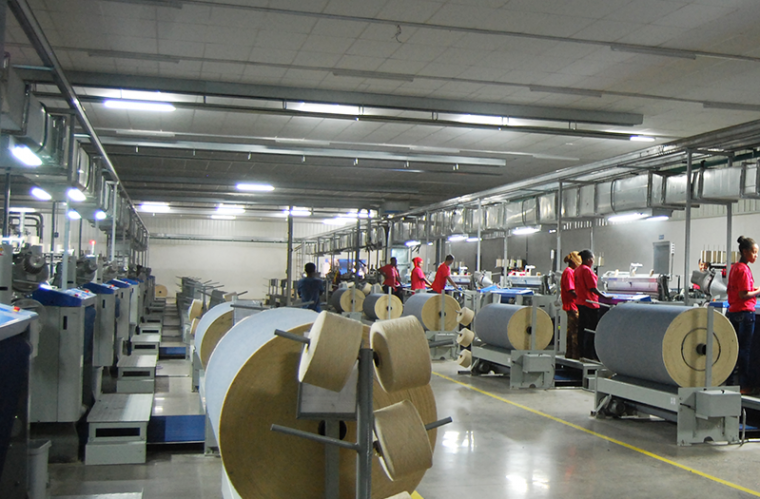
Ethiopian home textiles manufacturer Kombolcha partners with Bottom UP! Ethiopia development programme
Kombolcha is a vertically integrated Ethiopian home textiles factory, producing bed sheets, pillow cases, towels, poplins and more. The company employs around 1400 people in the town of Kombolcha since 1986. It is working with the Bottom UP! development programme to establish itself in the international garment market.
Contact: Mr. Mustefa Jemal
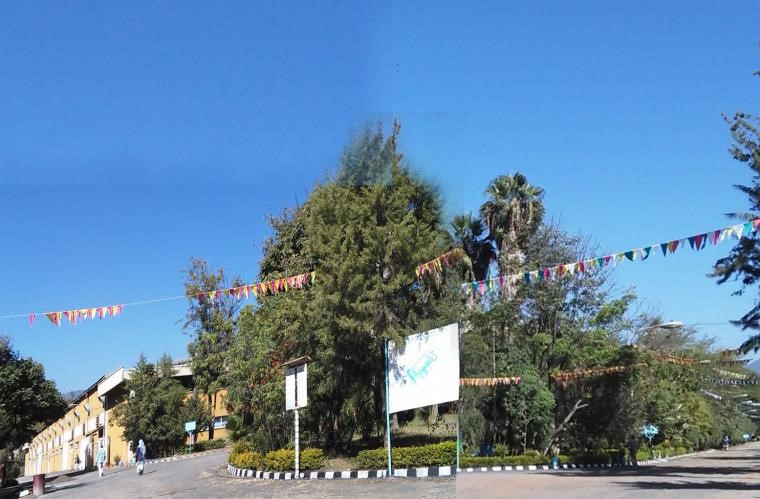
Desta works with Bottom UP! Ethiopia programme to supply sustainable garments
Desta is an independent, family-run garment factory in Ethiopia, supplying customers in Europe, the US and Ethiopia. The company is specialised in knitting, cutting, sewing and finishing. Desta is BSCI compliant and working on sustainable garment production together with the new Bottom UP! development programme.
Contact: Mr. Eyob Bekele
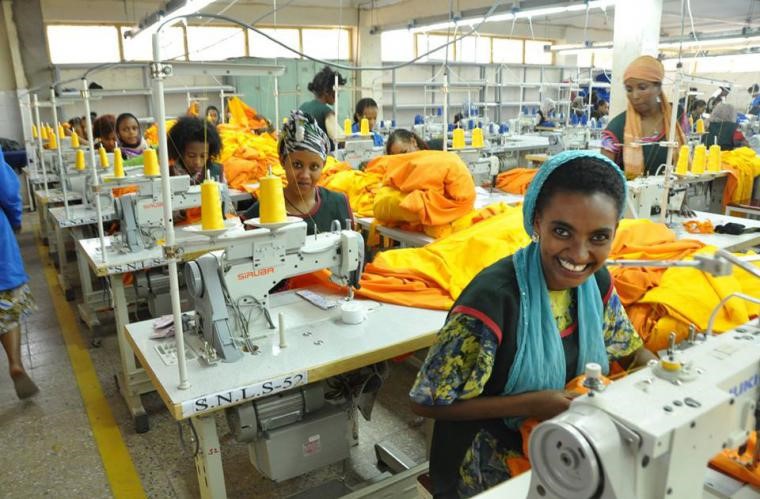
Bahir Dar Textile factory uses locally grown organic cotton for home textiles
Bahir Dar is a vertically integrated textile mill in Ethiopia, producing various home textile products. The company uses locally grown organic cotton in many of its products, such as bed sheets, pillowcases and grey cotton fabrics. Bahir Dar is working on sustainable textile production together with the new Bottom UP! development programme.
Contact: Nebiyu Temesgen
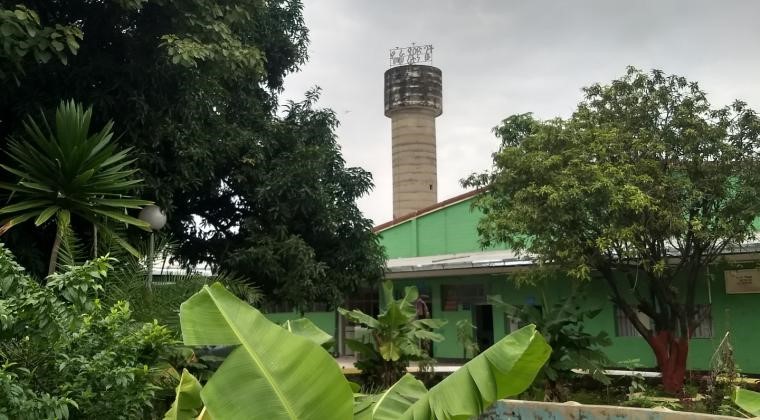
Home textile manufacturer Ethio-Japan partners with Bottom UP! programme to develop sustainable products
Ethio-Japan is a vertically integrated manufacturer of home furnishing products and casual wear for men and women in Ethiopia. Ethio-Japan is working on sustainable textile production together with the new Bottom UP! development programme.
Contact: Mrs. Woinshet Shewatsega

ETUR Textile in Ethiopia manufacturers recycled fabrics and garments in Ethiopia
Etur Textile PLC is a vertically integrated manufacturer of 100% pollution free re-generated fibers, re-generated yarns and circular knitted fabrics and garments. The company is located in Ethiopia and supplies buyers in Europe and North-Africa with finished garments made from recycled materials.
Contact: Mr. Osman Basoglu
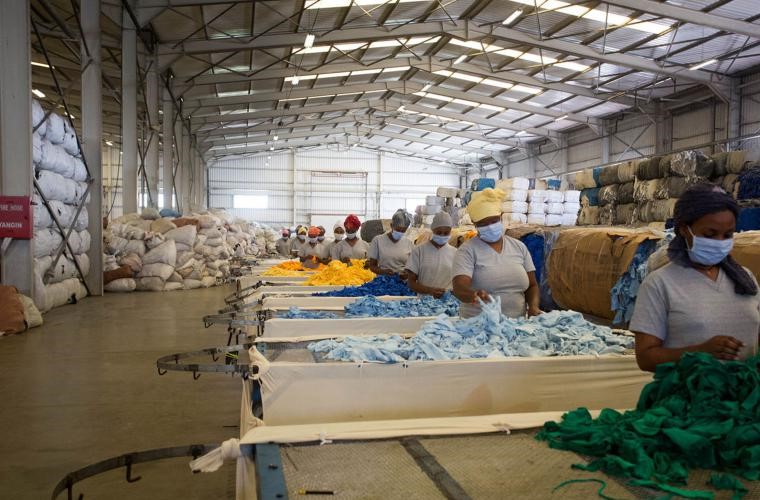
Partners
Bottom UP! Ethiopia is funded by the EU and was developed as a collaboration between the Danish Ethical Trading Initiative, MVO Nederland and the Solidaridad Network.
